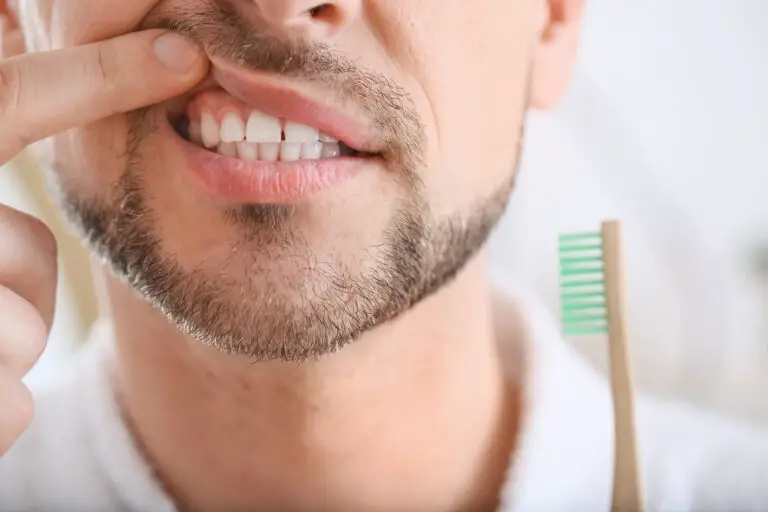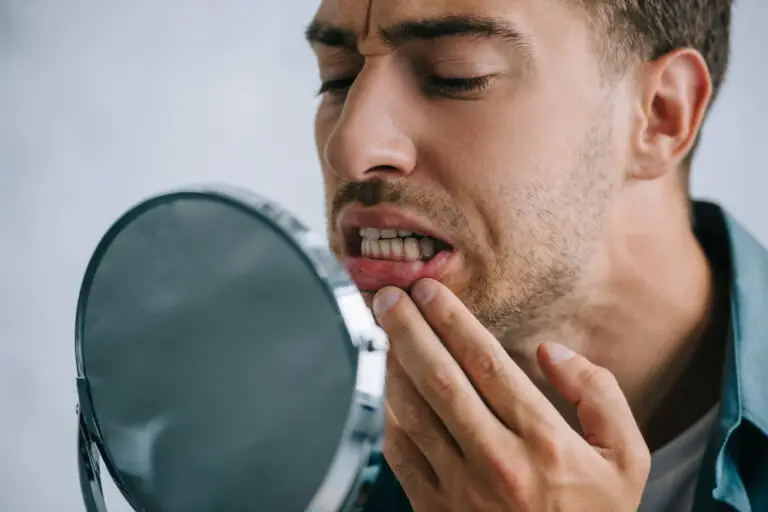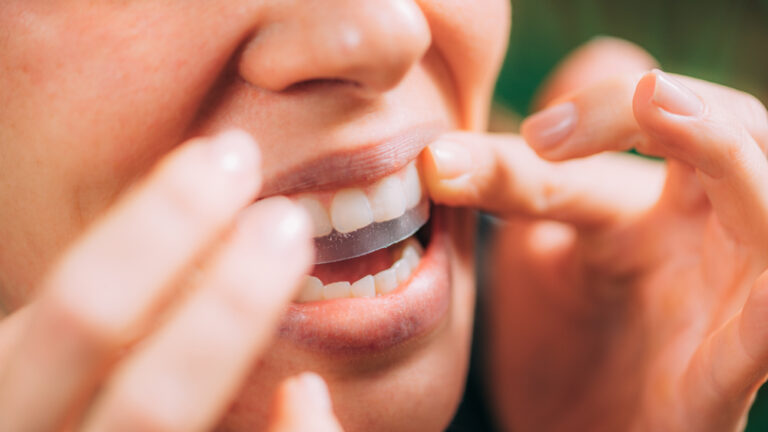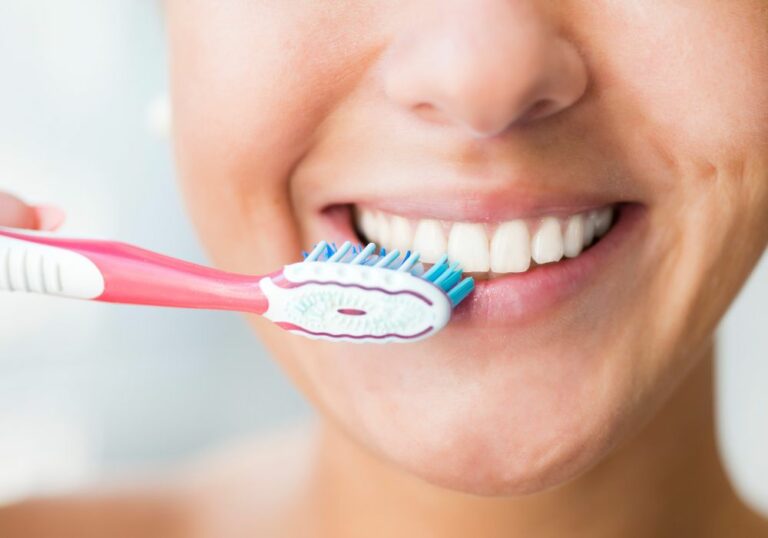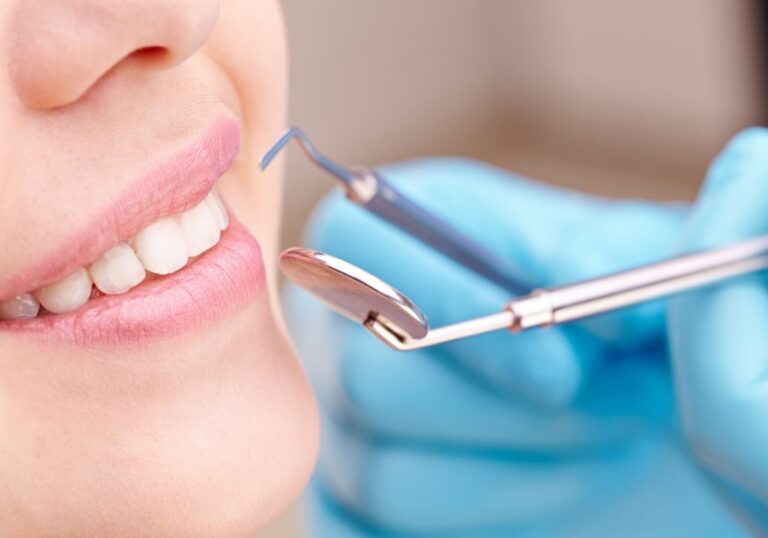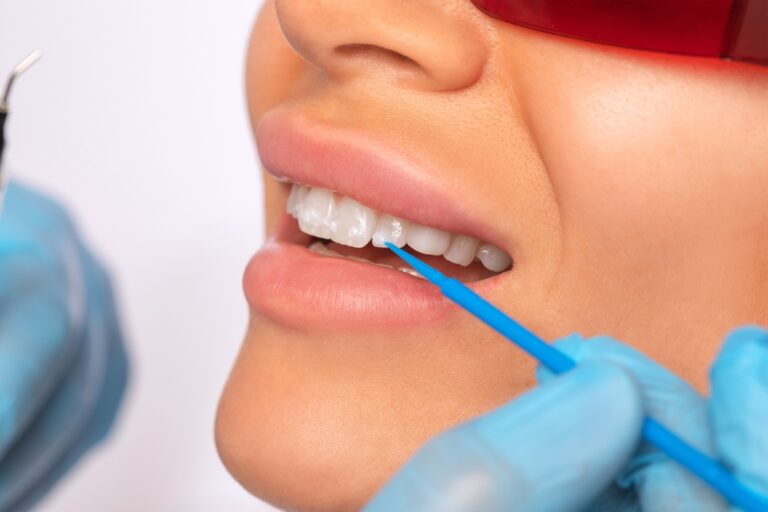When it comes to maintaining good oral hygiene, brushing your teeth is a crucial part of the routine. While most people are aware of the importance of brushing their teeth in the morning, many tend to neglect the same at night. However, brushing your teeth before bedtime is equally important as it helps to remove the food particles and plaque that accumulate during the day.
Brushing your teeth before going to bed can prevent the buildup of plaque, which can lead to tooth decay and gum disease. Plaque is a sticky film of bacteria that forms on the teeth and gums and can cause cavities and other dental problems. Brushing your teeth at night helps to remove the plaque and bacteria that have accumulated during the day, leaving your teeth and gums clean and healthy.
Moreover, brushing your teeth before bed can also help to prevent bad breath. The bacteria in your mouth can proliferate and produce an unpleasant odor if not removed regularly. Brushing your teeth at night can help to eliminate the bacteria and food particles that cause bad breath, leaving your mouth fresh and clean. Overall, brushing your teeth before bed is an essential part of maintaining good oral health and should not be neglected.
Importance of Brushing Teeth Before Bed
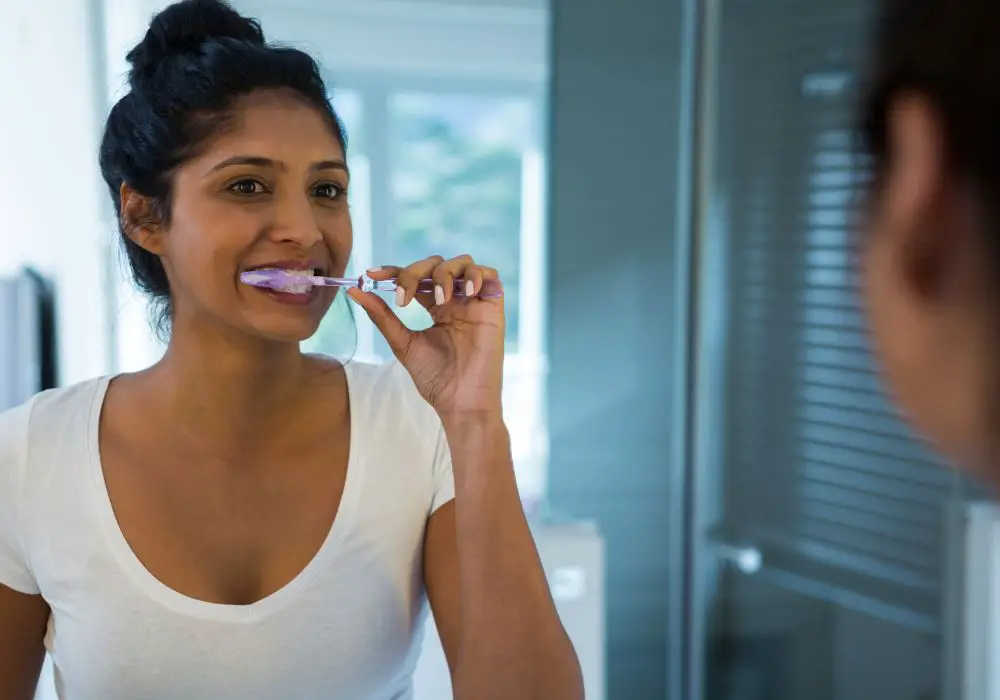
Brushing your teeth before bed is a crucial part of maintaining good oral hygiene. It helps remove food particles and plaque that accumulate on your teeth throughout the day. If you don’t brush your teeth before bed, these particles and plaque can lead to tooth decay, gum disease, and bad breath.
When you sleep, your saliva production decreases, making it easier for bacteria to thrive in your mouth. If you don’t brush your teeth before bed, these bacteria can cause damage to your teeth and gums while you sleep. Additionally, not brushing your teeth before bed can lead to the formation of tartar, which can only be removed by a dentist.
Brushing your teeth before bed also helps freshen your breath. It removes the bacteria and food particles that cause bad breath, leaving your mouth feeling clean and fresh. This can help you feel more confident when interacting with others.
Overall, brushing your teeth before bed is an essential part of maintaining good oral health. It helps prevent tooth decay, gum disease, bad breath, and other oral health problems. So make sure to brush your teeth before bed every night to keep your mouth healthy and your smile bright.
Understanding Tooth Decay
Tooth decay is a common problem that affects people of all ages. It occurs when the bacteria in your mouth produce acid that erodes the enamel on your teeth. If left untreated, tooth decay can lead to cavities, dental abscesses, and even tooth loss.
There are five stages of tooth decay, and each stage requires a different level of treatment. Here’s a breakdown of the stages of tooth decay:
- Demineralization: This is the earliest stage of tooth decay. During this stage, the enamel on your teeth starts to weaken due to the presence of plaque. Enamel is the toughest substance in your body, but it can still be damaged by acid. If you catch tooth decay at this stage, it can be reversed with proper oral hygiene and fluoride treatment.
- Enamel Decay: During this stage, the acid produced by bacteria in your mouth has started to erode the enamel on your teeth. You may notice white spots on your teeth, and they may be sensitive to hot and cold temperatures. At this stage, your dentist may recommend a fluoride treatment or filling.
- Dentin Decay: At this stage, the decay has progressed to the dentin layer of your teeth. You may experience tooth sensitivity, pain, and possible discoloration. Your dentist may recommend a filling or crown to repair the tooth.
- Pulp Involvement: If the decay reaches the pulp of your tooth, you may experience severe pain, sensitivity, and swelling. At this stage, a root canal may be necessary to remove the decay and save the tooth.
- Abscess Formation: If the decay is left untreated, it can lead to an abscess, which is a pocket of pus that forms in the tooth or gums. This is a serious condition that requires immediate treatment, such as a root canal or extraction.
To prevent tooth decay, it’s important to practice good oral hygiene. Brush your teeth twice a day with fluoride toothpaste, floss daily, and visit your dentist regularly for cleanings and checkups. Additionally, avoid sugary and acidic foods and drinks, and drink plenty of water to help wash away bacteria and food particles.
Proper Brushing Technique
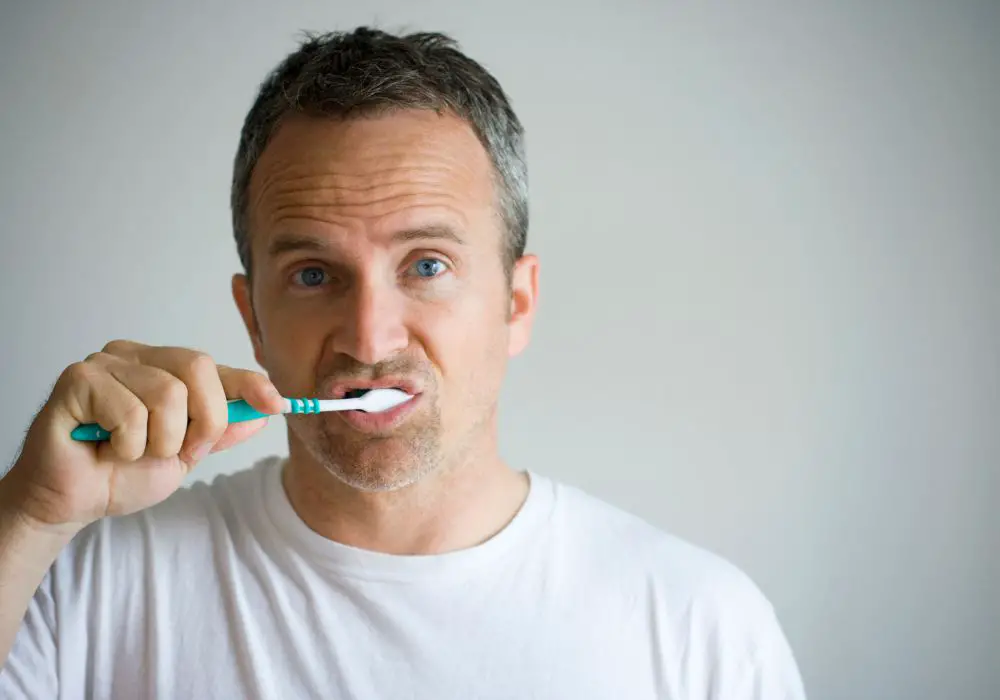
Brushing your teeth properly is essential for maintaining good oral health. Here are some tips to help you brush your teeth the right way:
Choosing the Right Toothbrush
When choosing a toothbrush, consider the following factors:
- Size: Choose a toothbrush head that can easily reach all areas of your mouth, including the hard-to-reach back teeth.
- Bristles: Choose a toothbrush with soft bristles to avoid damaging your teeth and gums.
- Handle: Choose a toothbrush with a comfortable and easy-to-grip handle.
Applying Toothpaste
Apply a pea-sized amount of toothpaste to your toothbrush. Use toothpaste that contains fluoride, which helps to strengthen your teeth and prevent tooth decay.
Brushing Motion
Follow these steps to brush your teeth properly:
- Hold your toothbrush at a 45-degree angle to your teeth.
- Use short, gentle back-and-forth strokes to brush the front, top, and back of your teeth.
- Brush your tongue to remove bacteria and freshen your breath.
- Spit out the toothpaste and rinse your mouth thoroughly with water.
Brush your teeth for at least two minutes, twice a day. It is also important to replace your toothbrush every three to four months or when the bristles become frayed.
By following these tips, you can ensure that you are brushing your teeth properly and maintaining good oral health.
Benefits of Nightly Brushing
Brushing your teeth before bed is an essential part of maintaining good oral health. It helps protect against plaque buildup, tooth decay, and gum disease. Here are some of the benefits of nightly brushing:
Prevention of Gum Disease
Brushing your teeth before bedtime can help prevent gum disease. Gum disease is caused by bacteria that build up on your teeth and gums. If left untreated, it can lead to tooth loss and other serious health problems. Brushing your teeth before bed helps remove bacteria and prevent the formation of plaque, which can lead to gum disease.
Elimination of Bad Breath
Brushing your teeth before bed can help eliminate bad breath. Bacteria in your mouth can cause bad breath, and brushing your teeth before bed helps remove the bacteria that cause it. It also helps remove any food particles that may be stuck in your teeth, which can also cause bad breath.
Whitening Effect
Brushing your teeth before bed can also help whiten your teeth. Over time, certain foods and drinks can stain your teeth, making them look yellow or discolored. Brushing your teeth before bed helps remove surface stains and prevent new ones from forming.
Remember to brush your teeth for at least two minutes, using a fluoride toothpaste. Don’t forget to floss and rinse with mouthwash for an extra clean feeling. By brushing your teeth before bed, you can help prevent gum disease, eliminate bad breath, and even whiten your teeth.
Challenges of Nightly Brushing

Brushing your teeth before bed is an essential part of maintaining good oral hygiene. However, it can be challenging to make it a habit. In this section, we will discuss some common challenges of nightly brushing and how to overcome them.
Overcoming Laziness
After a long day, it can be tempting to skip brushing your teeth and head straight to bed. However, neglecting to brush your teeth can lead to a buildup of plaque, which can cause tooth decay and gum disease.
To overcome laziness, try the following:
- Set a reminder on your phone to brush your teeth before bed.
- Keep a toothbrush and toothpaste on your nightstand, so you don’t have to get out of bed to brush your teeth.
- Make brushing your teeth a part of your bedtime routine, so it becomes a habit.
Addressing Brushing Discomfort
Some people experience discomfort when brushing their teeth at night. This can be due to sensitive teeth or gums, making brushing a painful experience.
To address brushing discomfort, try the following:
- Use a toothbrush with soft bristles to avoid irritating your gums.
- Use toothpaste designed for sensitive teeth to reduce discomfort.
- Consider using mouthwash or a fluoride rinse instead of brushing if brushing is too uncomfortable.
By overcoming laziness and addressing brushing discomfort, you can make nightly brushing a habit and maintain good oral hygiene.
Brushing Teeth for Kids
As a parent, you know how important it is to teach your kids good habits. One of the most important habits you can teach them is to brush their teeth before bed. In this section, we’ll give you some tips on how to teach your kids the importance of brushing their teeth and how to make it fun for them.
Teaching Kids the Importance
Kids may not understand why it’s important to brush their teeth, so it’s up to you to explain it to them. Here are some points you can make to help them understand:
- Brushing your teeth removes food particles and bacteria that can cause cavities and bad breath.
- Brushing your teeth helps keep your gums healthy.
- Brushing your teeth twice a day, including before bed, is important for maintaining good oral hygiene.
Make sure to explain the importance of brushing their teeth in a way that is easy for them to understand. You can also show them pictures or videos that demonstrate the effects of not brushing their teeth.
Making Brushing Fun for Kids
Brushing teeth can be a chore for kids, but it doesn’t have to be. Here are some tips to make brushing fun:
- Let your child pick out their own toothbrush and toothpaste. They’ll be more excited to use them.
- Play music or sing a song while they brush their teeth. This will make it more enjoyable for them.
- Make a game out of brushing their teeth. For example, you can have a race to see who can brush their teeth the longest or who can brush their teeth the best.
By making brushing fun, your child will be more likely to want to do it. Remember to supervise them to ensure they are brushing their teeth properly.
Overall, teaching your kids to brush their teeth before bed is an important habit to instill. By explaining the importance and making it fun, you can help them develop good oral hygiene habits that will last a lifetime.
Frequently Asked Questions
Is it bad to only brush your teeth at night?
Brushing your teeth only at night is better than not brushing at all, but it is still recommended to brush your teeth twice a day. Brushing your teeth in the morning helps remove bacteria that has accumulated overnight, while brushing at night removes any food particles and plaque that have built up throughout the day.
When should you brush your teeth?
It is recommended to brush your teeth at least twice a day, once in the morning and once at night. You may also choose to brush your teeth after meals or snacks, especially if they are sugary or acidic.
Should I brush my teeth before sleeping at night?
Yes, it is important to brush your teeth before sleeping at night. This helps remove any food particles and plaque that have built up throughout the day, which can lead to tooth decay and gum disease.
Do I need to brush my teeth after sleeping?
Yes, it is recommended to brush your teeth after sleeping in the morning. This helps remove bacteria that has accumulated overnight and freshens your breath.
Is it ok to not brush your teeth for one day?
While it is not ideal, missing one day of brushing your teeth is not the end of the world. However, consistently skipping brushing your teeth can lead to tooth decay and gum disease.
Alternative to brushing teeth at night?
If you are unable to brush your teeth at night, you can try using mouthwash or chewing sugar-free gum. Mouthwash can help kill bacteria and freshen your breath, while chewing gum stimulates saliva production, which helps neutralize acid and wash away food particles. However, these alternatives should not replace brushing your teeth regularly.

